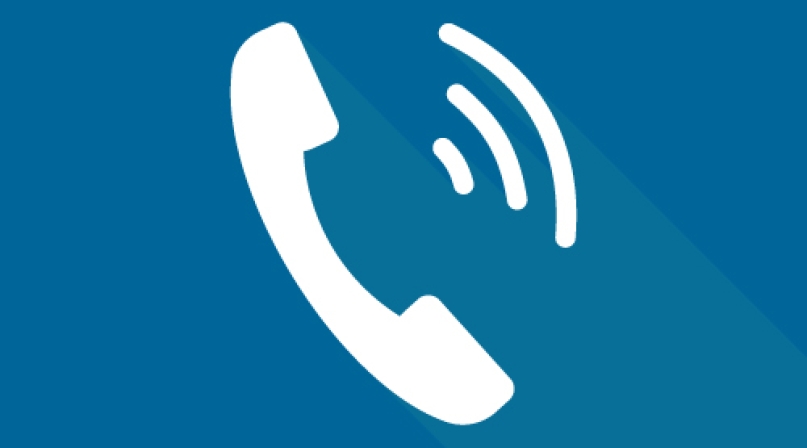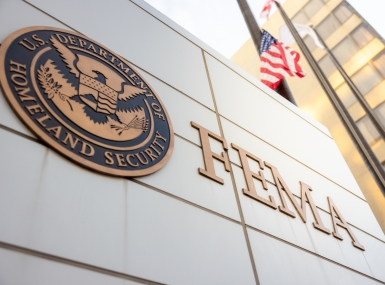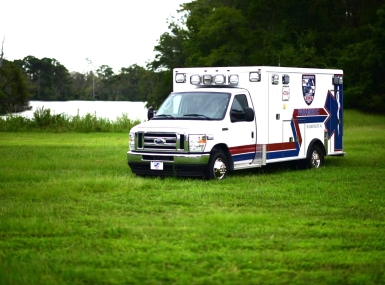Share
Line: | New rate caps limit how much inmates, some in county jails, can be charged for making phone calls @NACoTweets |
The Federal Communications Commission (FCC) has approved new rate caps that limit how much inmates — including those in county jails — can be charged for making phone calls.
Under the FCC’s new regulations, inmates in county jails can be charged, at most, between 14 cents and 22 cents per minute, depending on the size of their jail. (Smaller jails can charge more since they typically face relatively higher costs for operating phone systems.)
Inmates in federal and state prisons will be charged no more than 11 cents per minute. The new regulations also cap ancillary fees charges that inmates incur such as automated payment of their phone bills.
Many jails throughout the country receive a portion of the profits made by the companies that provide phone services in jails through arrangements referred to as “commissions.” As a result, caps that limit how much inmates can pay in per-minute rates and ancillary fees could have a direct impact on county budgets. Oklahoma County, Okla., for example, adds $500,000 per year to its jail revenue through phone charges.
The National Sheriffs’ Association (NSA), whose members operate approximately 80 percent of the nation’s jails, say jails incur significant costs in providing phone services to inmates due to factors ranging from taking security measures to ensure that phone calls aren’t used to engage in criminal activities to recording and storing phone calls to be provided to courts. In a letter to the FCC, the Sheriff ’s Office of Greene County, Mo. lists 25 instances of costs associated with inmate calls.
As the new rate caps are phased in for jails through mid-2016, their financial impact on county jails will become clearer. In the meantime, the potential impact on jail budgets would have been more severe had the FCC heeded calls to ban commissions altogether.
Several states, among them Michigan, New Mexico, New York and South Carolina, have banned commissions through their state Legislatures. The new FCC regulations haven’t taken that step, but do encourage states to take action in that direction.



